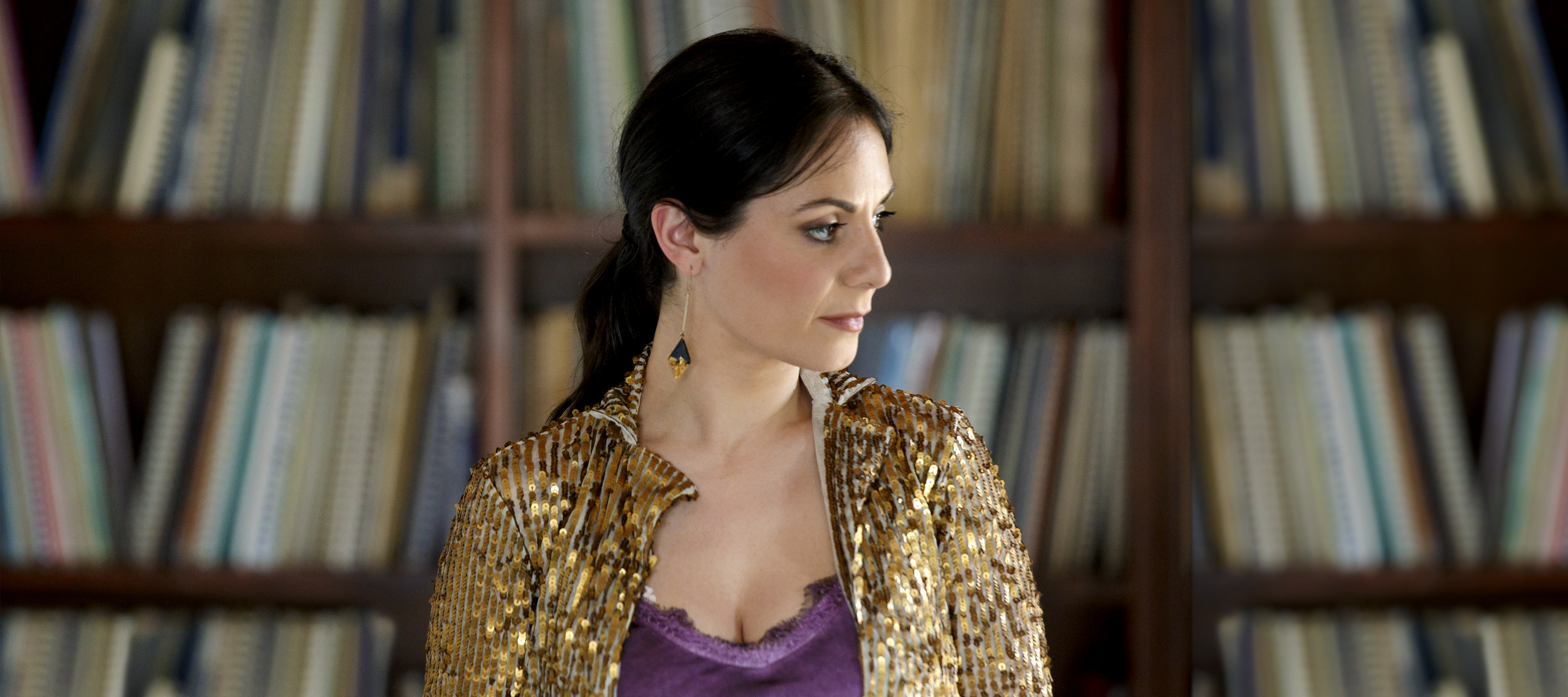Written by Bryce Morrison [Tuesday, 15 March 2016]
Brilliant Classics’ two-CD album of Ginastera’s complete piano music, coming so soon after François-Xavier Poizat’s fine selection (Piano Classics, 9/15), is a wealth indeed. And here once more you are reminded of how an idiom deriving essentially from Spain is transformed (though, for Spanish musical aristocracy, distorted) into a heady mix of alternating violence and tenderness, innocence and seduction. Mood-swings are extreme, telling you that many South Americans admit that their temperament can reel from sadness (an inimitably ‘blue’ tint) to a crazed exuberance, with little in between. And even when Ginastera gives you one piece with a close family likeness to another, you listen with a sense of renewal thanks to performances by Mariangela Vacatello of a superb zest, brio and imaginative scope.
She has technique in spades, making her a front-runner with Argerich’s legendary live Three Argentinian Dances (EMI, 4/00), Terence Judd’s live recording of the First Sonata (Chandos, 12/80, 11/01) and Poizat’s more recent selection. She is as dewy-eyed as she is insinuating in Danza de la moza donosa, and lucid and focused in the swirling patterns of ‘Cuyana’ from the Op 6 Pieces, making you think of DH Lawrence’s claim that without the sesame seed in the nougat ‘it would be just sickly sweet’. In the wild Malambo she will have you gyrating round the room (or, for the less athletically inclined, set feet and heads furiously tapping and nodding). How she relishes the snapshot impressions of the American Preludes while telling you that the Adagietto pianissimo from the Op 15 Suite is among the most delectable of encores. Her playing in the popular First Sonata is a wonder of virtuosity (hear her in the Presto misterioso’s phantom chase); and if the two books of the Piezas infantiles provide a welcome break from so much restless, pumping energy (though even here Ginastera’s ‘edge’ is never far away), there is a return to savagery in the Second Sonata.
This may be a brutal and thankless task for the pianist but it is given, like so much else, with unfaltering aplomb. An affectionate essay by Ginastera’s student Hugo Aisemberg hardly compensates for the lack of necessary notes, but the recorded sound is outstanding and no praise could be high enough for Vacatello’s achievement.

